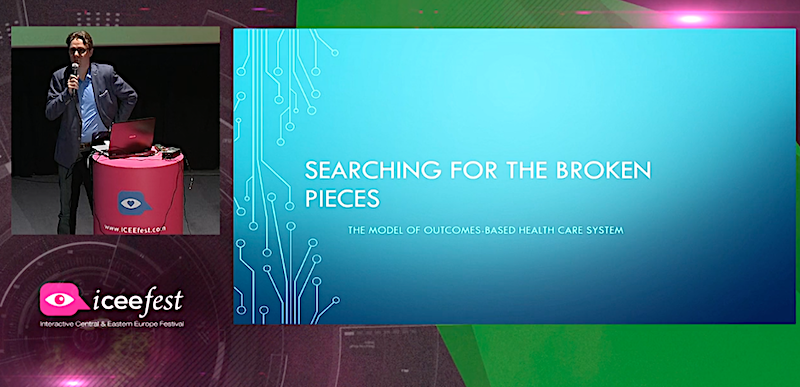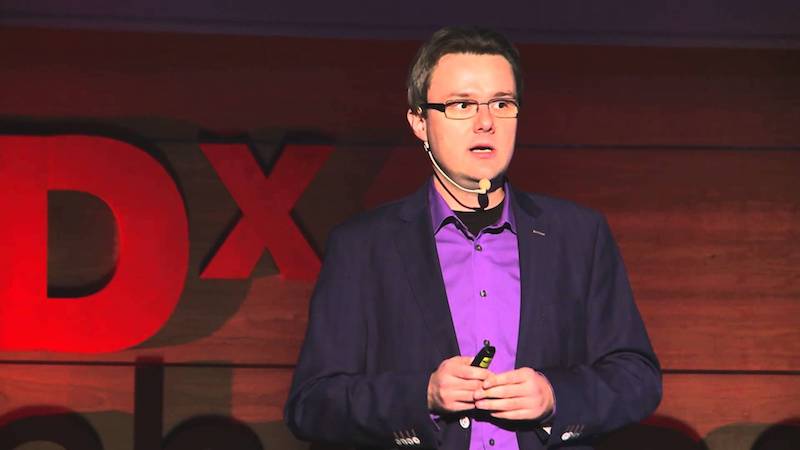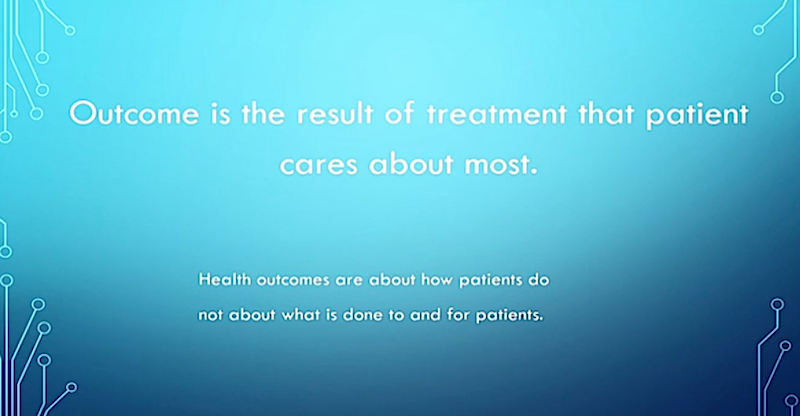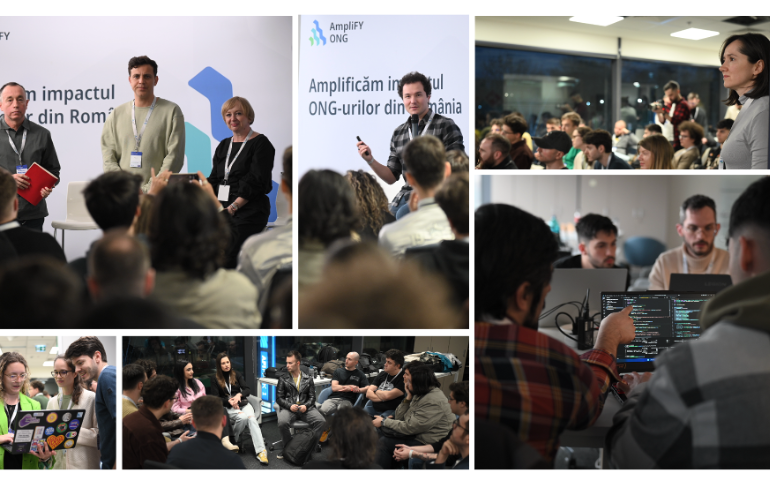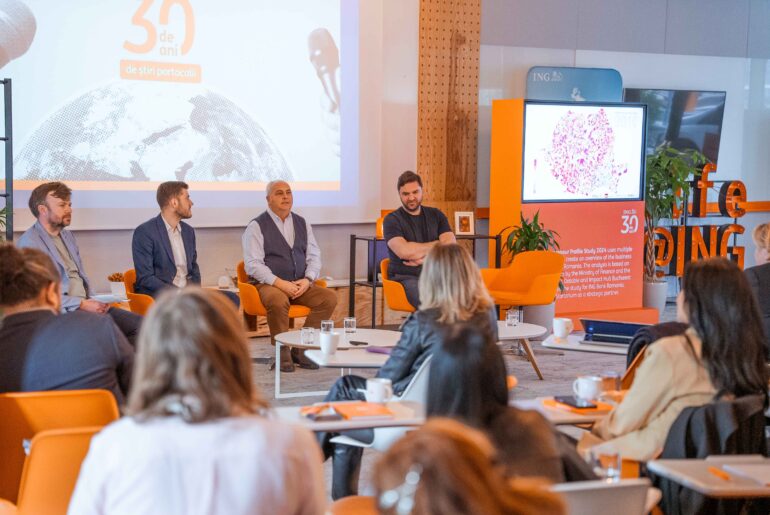Within the last year, the pressure to reform the Romanian medical system increased tremendously.
It all started with the Colectiv club tragedy, where dozens of people lost their lives, many in the night of the fire, but more in the days to come. This brought to the front many of the problems Romanian hospitals are facing, as well as the entire health system.
Columnist @ HotNews and graduate at the Timisoara Faculty of Medicine, Vlad Mixich spent his last year learning about health policy at the London School of Economics.
A few months after his presentation at ICEEfest / ICEEhealth, Vlad become vicepresident of the National Agency for Medicines and Medical Devices, a position he believes would allow him to bring best health theories into practice.
- Below, Vlad Mixich @ TedxBucharest, talking about “The way we share information about our health”
“It’s one of the most technical institutions in the Romanian medical system and I’m glad that I can apply here, at home not somewhere else, what I’ve learned from one of the best schools in this domain“, said Mixich on his Facebook account.
“We don’t measure what matters for the patient”
Mixich’s penchant into documentation draw him to the conclusion that “the Romanian authorities are measuring the things that are important to them, not to the patients“. And this is why year after year, the medical system performance in Romania has decreased to an unimaginable level.
3 things we have to do, according to Vlad:
- start measuring what is important for patients
- identify the positive deviants among us
- learn from them and implement their behaviour
In order to do so, Vlad believes that a robust IT infrastructure is absolutely necessary. Then, we can talk about the doctors’ support and the national standards for data representation and measurement.
“What we measure is what matters”
In his ICEEfest presentation, Vlad talked about how measures can help us get to a better health care system. Even if some measurements may have less relevance in the end, Mixich believes it is a crucial to find all details nonetheless.
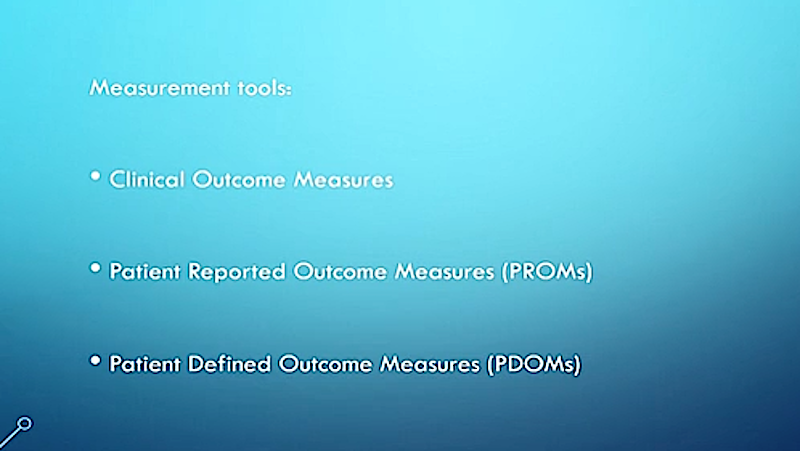 Simple questions may lead to the understanding of how it is best to decrease hospital-acquired infections, for instance. This particular example is very important – “We don’t measure this and a lot of people are dying“.
Simple questions may lead to the understanding of how it is best to decrease hospital-acquired infections, for instance. This particular example is very important – “We don’t measure this and a lot of people are dying“.
Vlad emphasizes that the Romanian patients are the least satisfied patients in Europe. Although, this situation is not so different than in other East European countries, we need to understand what would improve patients’ experience.
First step forward? Regain trust in the medical system. Vlad will speak from now from inside the healthcare system, but here is Vlad’s vision, a few months before, as presented at ICEEhealth, on ICEE Academy, where you can find more great content related to innovation in healthcare.


